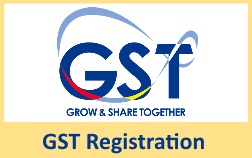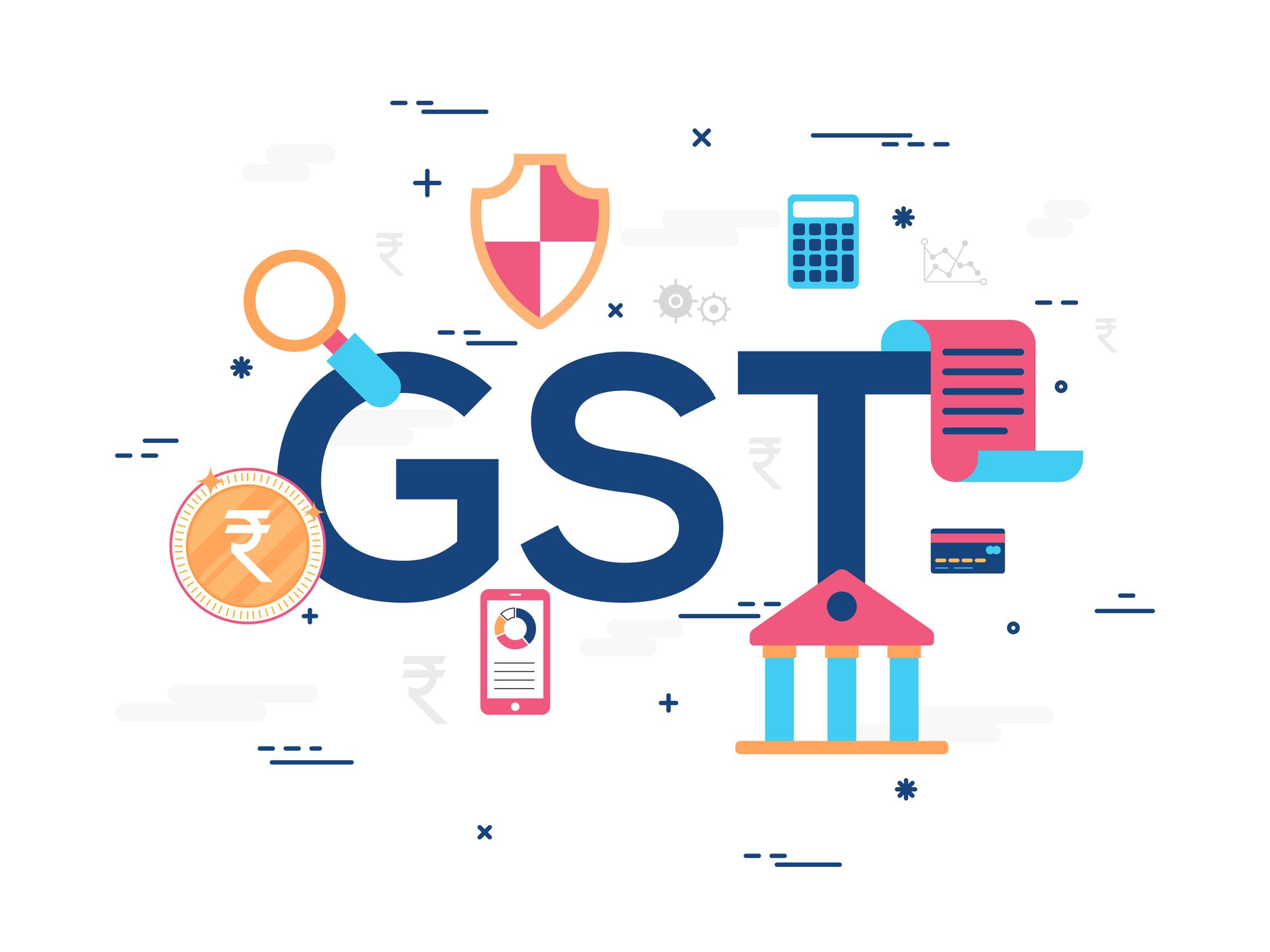Expert Tips for Choosing the most effective GST Registration Services in Singapore
Expert Tips for Choosing the most effective GST Registration Services in Singapore
Blog Article
From Beginning to Finish: The Ultimate Roadmap to GST Enrollment for Companies Looking For Financial Stability
Browsing the intricacies of Product and Solutions Tax (GST) enrollment is a critical action for services pursuing financial security. From comprehending the basic principles of GST to abiding by post-registration standards, the process can seem intimidating in the beginning glimpse. Nevertheless, damaging down the roadmap right into manageable actions can improve the enrollment journey for companies aiming to enhance their economic standing. Let's explore the important parts that comprise this utmost roadmap and uncover exactly how each stage adds to laying a solid foundation for economic success.
Comprehending GST Essentials
Digging right into the fundamental concepts of Product and Services Tax Obligation (GST) is necessary for acquiring a thorough understanding of its implications on organizations and the economy. Input Tax Debt (ITC) is a substantial feature of GST, enabling businesses to claim debt for tax obligations paid on inputs, decreasing the total tax worry. Understanding the essentials of GST is vital for services to conform with tax guidelines, handle their funds efficiently, and add to the country's financial development by participating in a transparent tax obligation system.
Eligibility Requirements for Registration
To register for GST, organizations must meet particular qualification criteria developed by the government. The primary qualification demand is that any company associated with the supply of products or services with a yearly aggregate turnover over the threshold limitation set by the authorities should register for GST. As of the existing regulations, the threshold limitation for GST registration is a yearly accumulation turnover of 40 lakhs for businesses operating within a state, with the exception of special classification states where the limit is 20 lakhs. Additionally, specific organizations are called for to sign up for GST irrespective of their turn over, such as interstate suppliers, informal taxable persons, and businesses liable to pay tax under the reverse charge mechanism. It is crucial for organizations to thoroughly analyze their turnover and deal kinds to determine their GST registration responsibilities properly. Failure to sign up for GST when eligible can bring about fines and legal repercussions, making it essential for services to adhere to the defined eligibility criteria.
Files Required for Registration
Having fulfilled the eligibility requirements for GST registration, services must currently ensure they have the requisite papers in position to wage the registration process successfully. The papers required for GST registration normally include proof of company constitution, such as collaboration deed, enrollment certificate, or incorporation certificate for various kinds of companies. Additionally, businesses need to offer records establishing the major place of organization, such as a rental arrangement or power costs. Frying pan card of the organization, along with the identity and address evidence of promoters/partners/directors, are crucial for verification objectives. Savings account declarations, together with canceled cheques or a duplicate of the bank passbook, are required to confirm the economic details supplied during enrollment. Organizations should have digital trademarks all set for the accredited notary. Ensuring all these records are organized and easily offered will expedite the GST registration process, making it possible for organizations from this source to abide with tax obligation policies seamlessly.
Step-by-Step Enrollment Process
Starting the GST enrollment process entails a collection of organized steps to make sure a seamless and compliant enrollment for organizations. The initial step is to see the GST website and submit the registration type with accurate details of business entity. Following this, the candidate obtains a Short-lived Recommendation Number (TRN) which is used to return to the application process if it's not finished in one go.
Following, all needed files as per the checklist provided by the GST portal need to be published. These papers normally consist of proof of business identification, registration and address proofs of marketers, monetary declarations, and company entity's frying pan card.

Post-Registration Compliance Standards

Verdict
To conclude, services looking for economic stability must recognize the essentials of GST, satisfy qualification requirements, collect essential documents, adhere to the step-by-step registration process, and follow post-registration guidelines - get more Best GST registration services in Singapore. By adhering to these actions, services can ensure conformity with tax obligation guidelines and preserve financial security in the future
Furthermore, specific organizations are needed to register for GST regardless of their turnover, such as interstate vendors, informal taxed individuals, and businesses accountable to pay tax under the reverse fee system.Having fulfilled the qualification requirements for GST registration, companies have to currently ensure they have the requisite records in location to proceed with the enrollment procedure effectively. The papers needed for GST registration typically include evidence of service constitution, such as partnership deed, registration certificate, or unification certificate for various kinds of organizations. In addition, services need to give documents developing the principal location of business, such as a rental agreement or electrical power bill.Starting the GST enrollment procedure involves a series of structured actions to make sure a seamless and certified registration for services.
Report this page